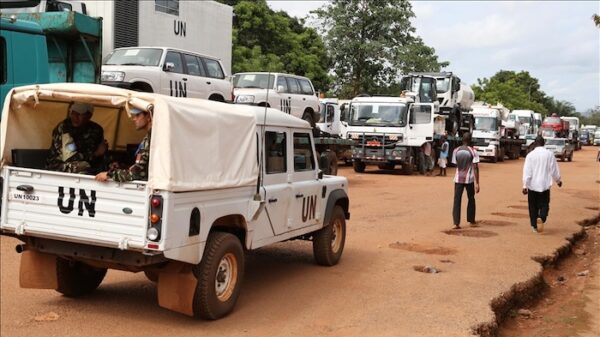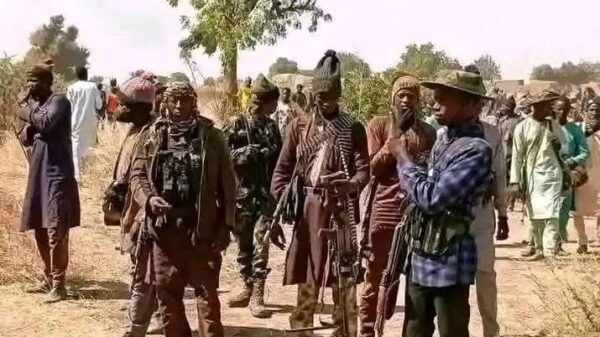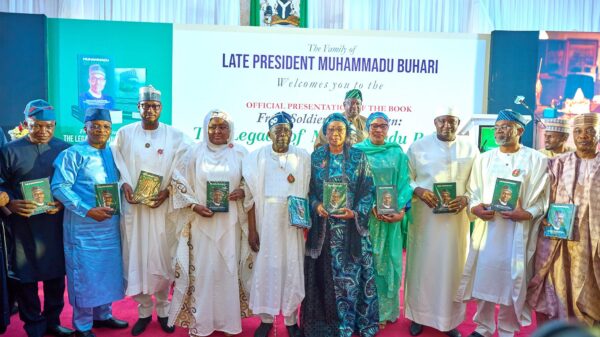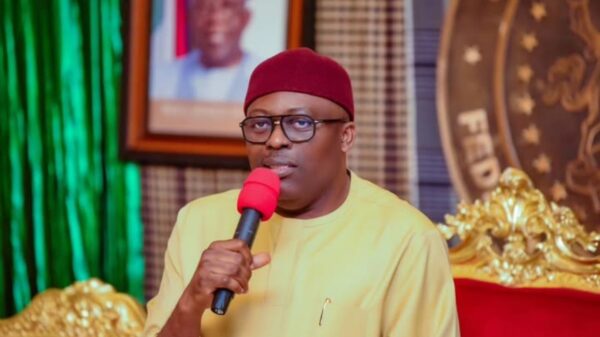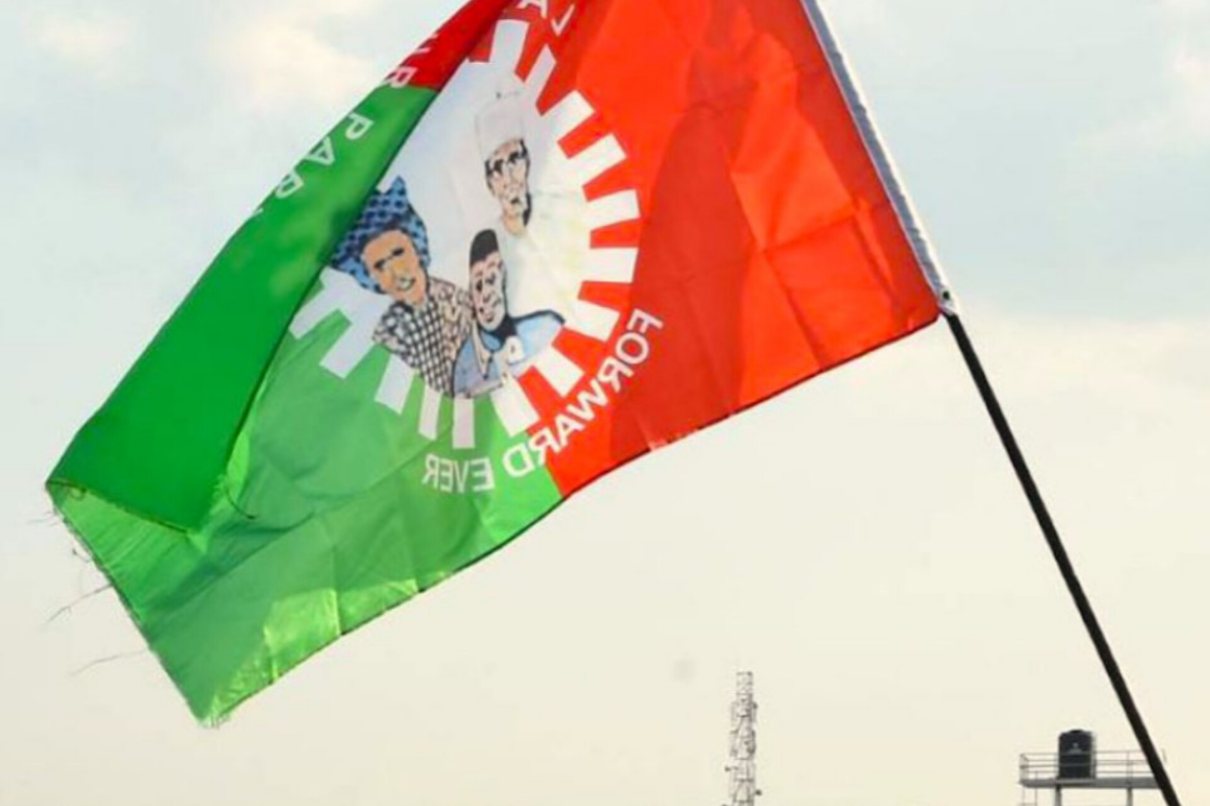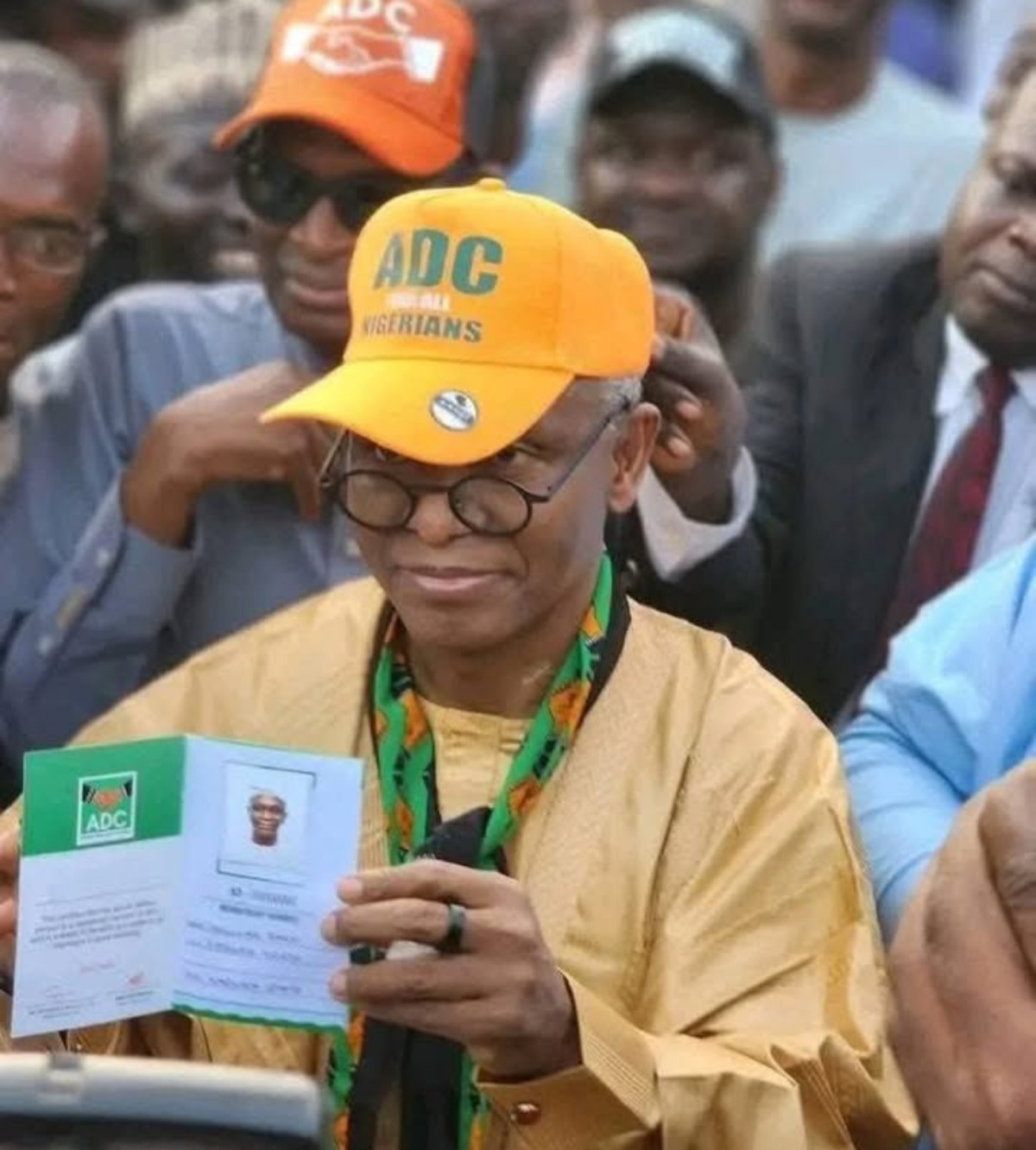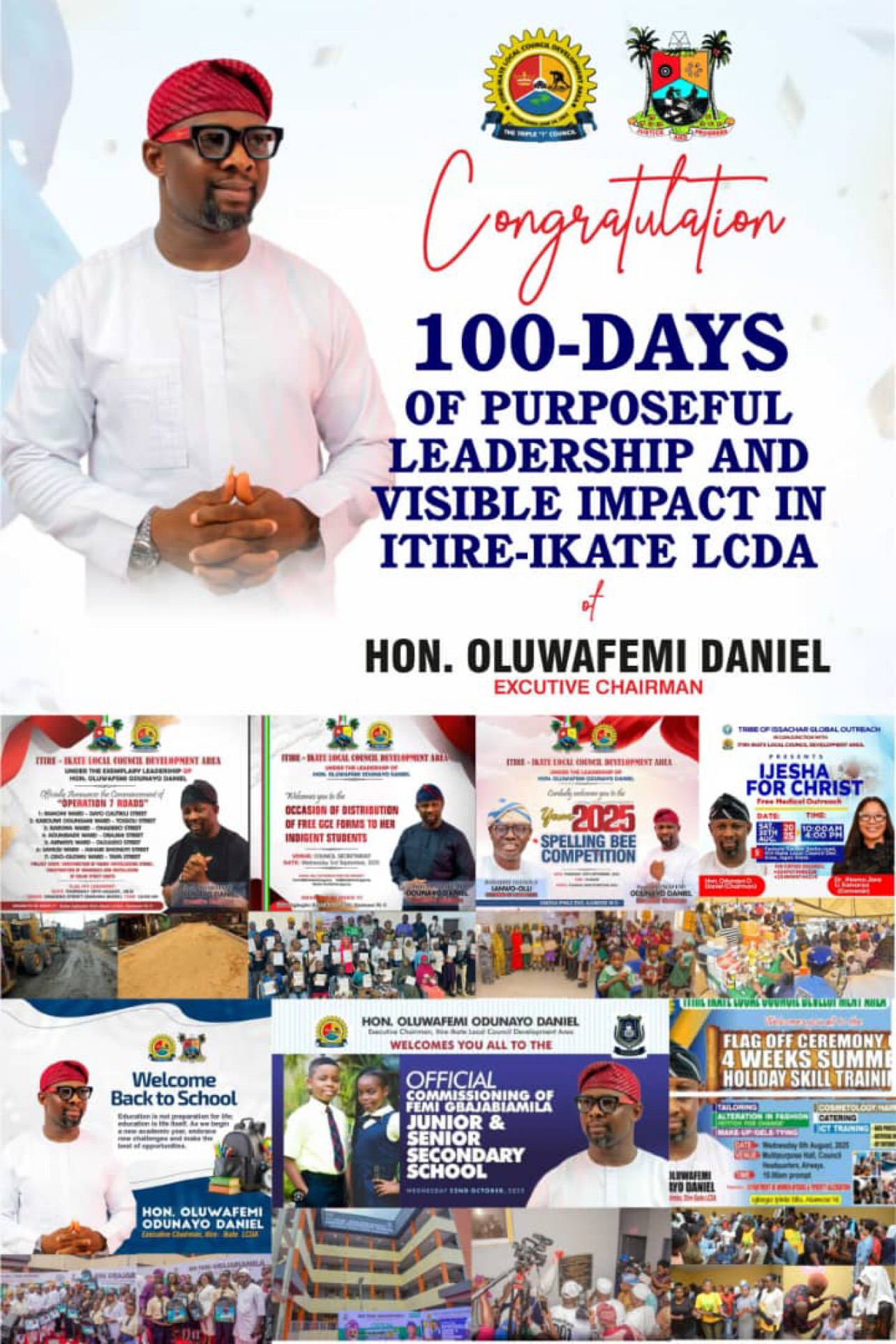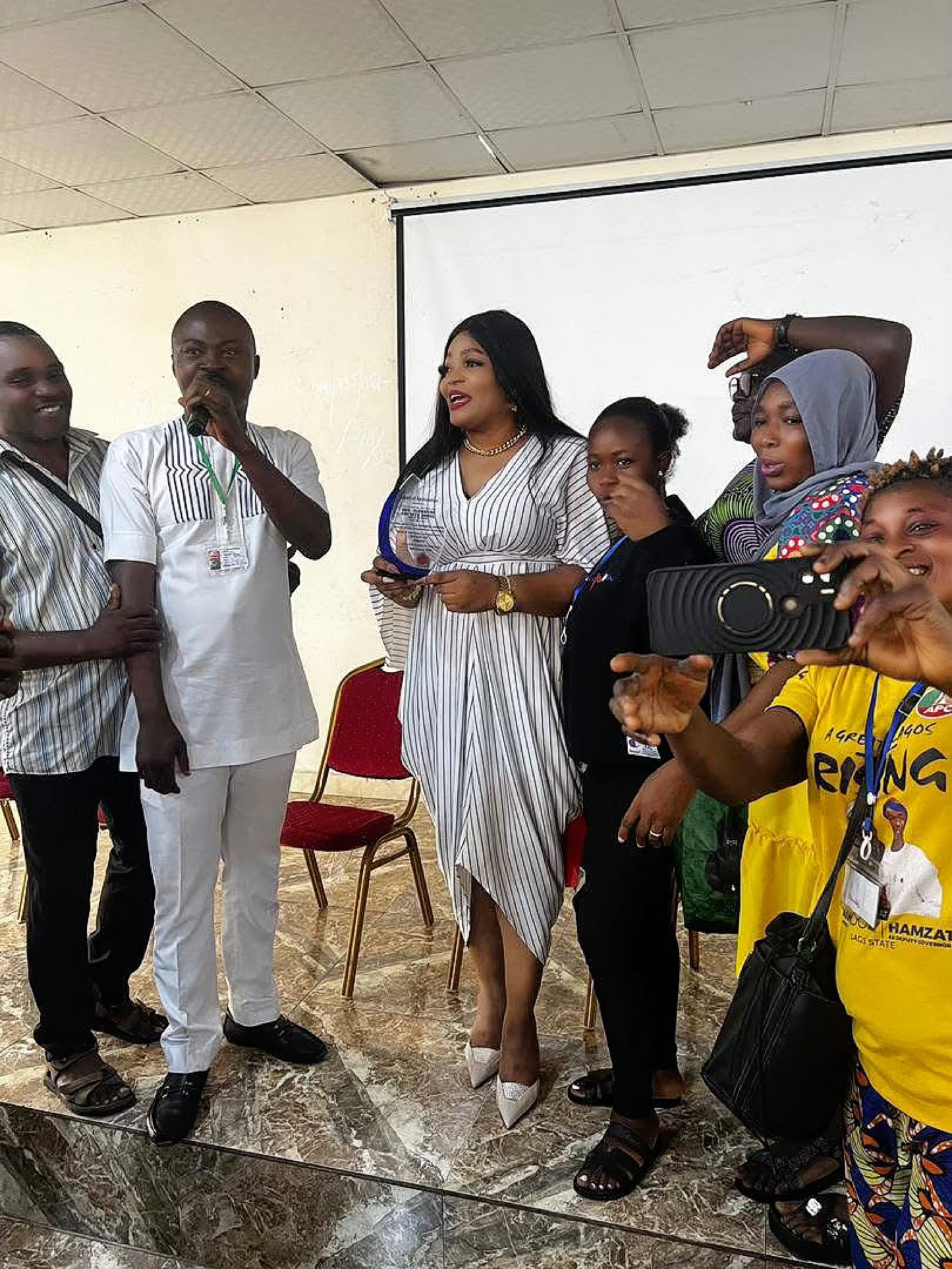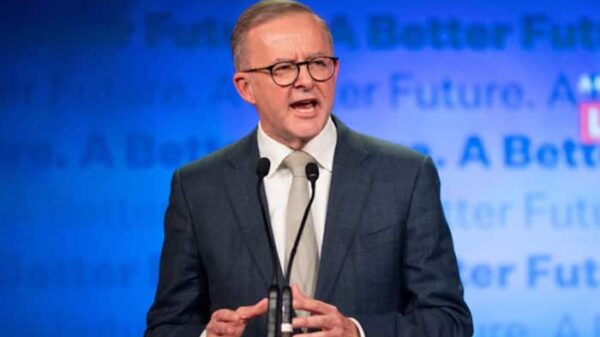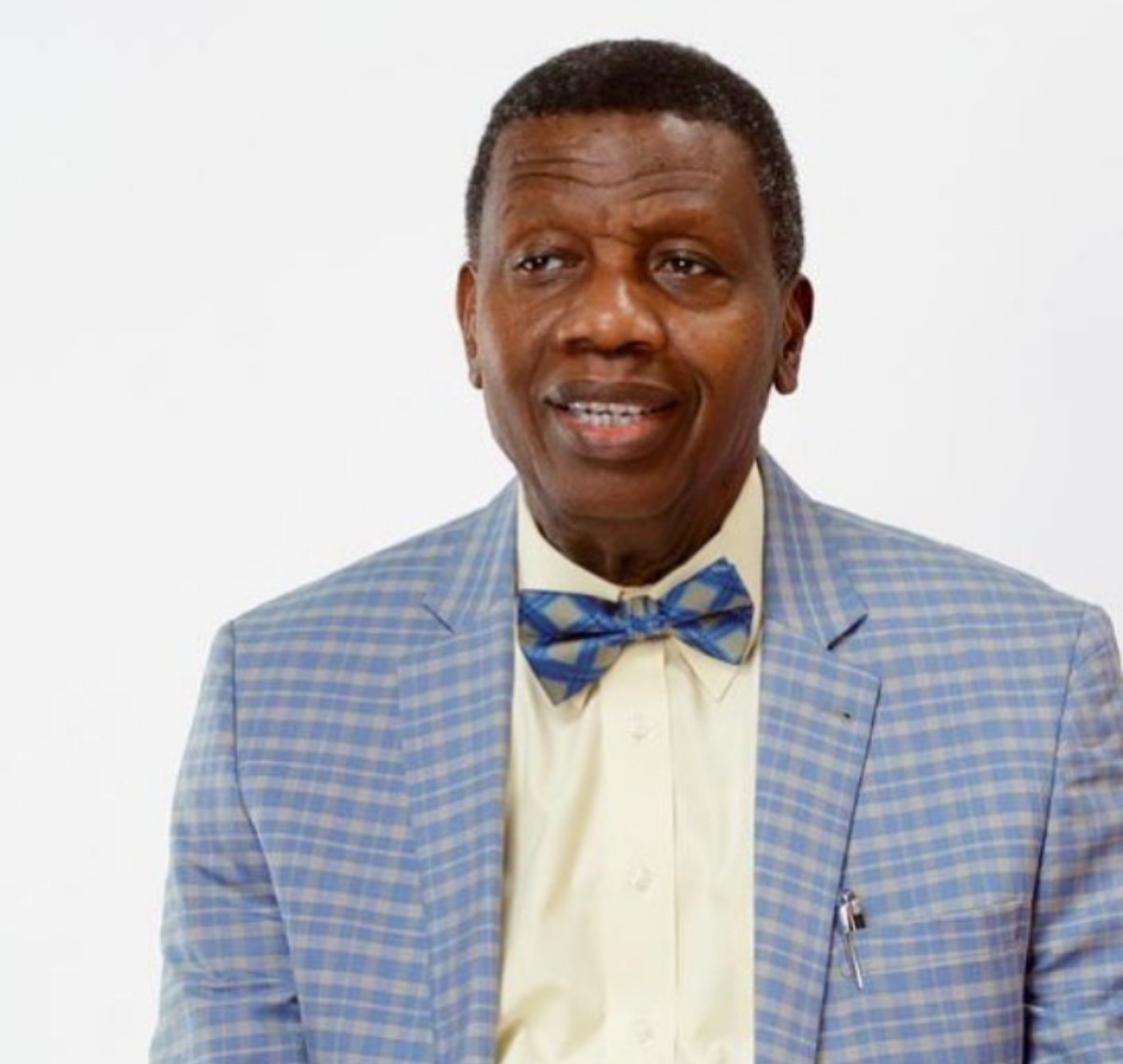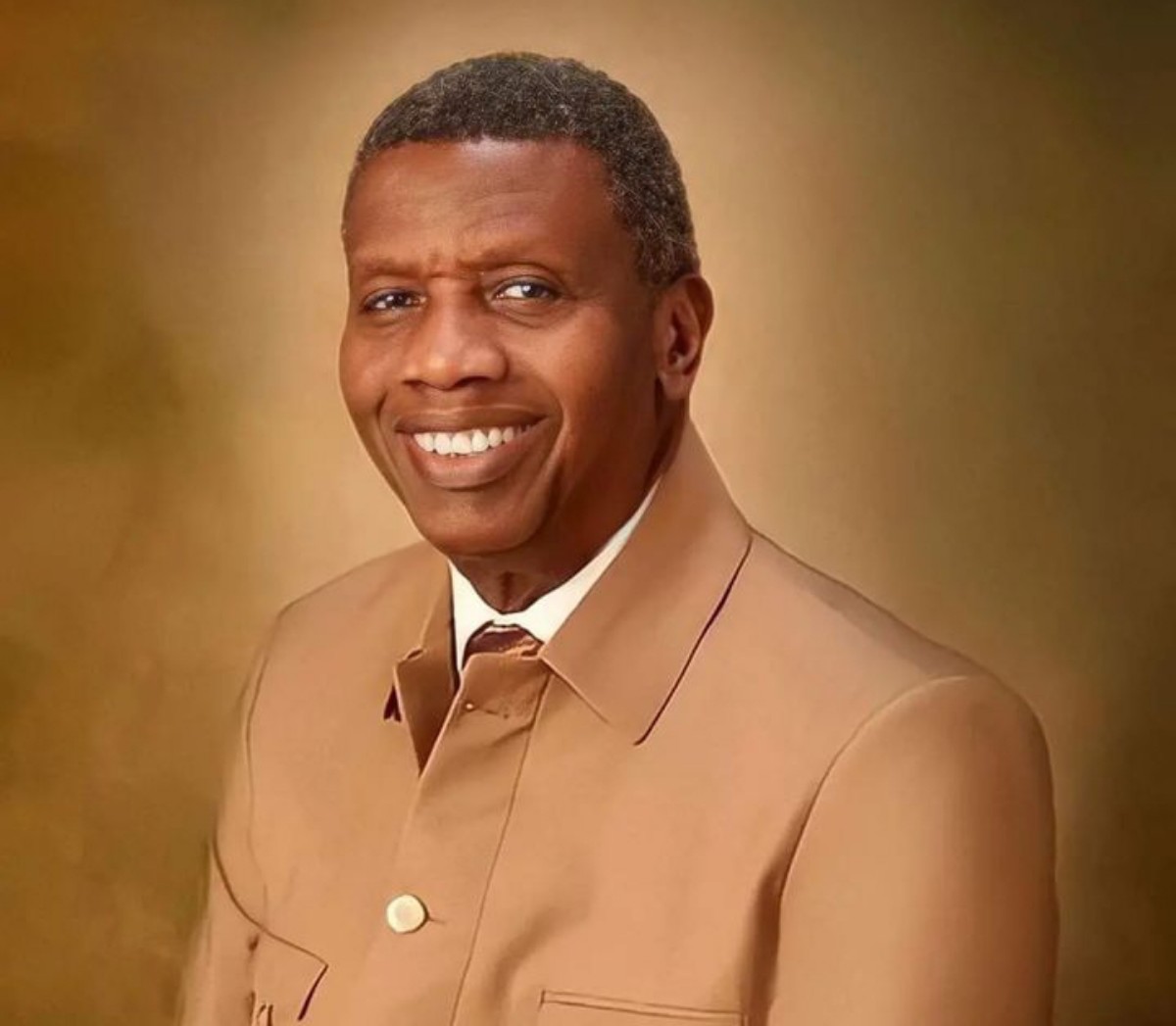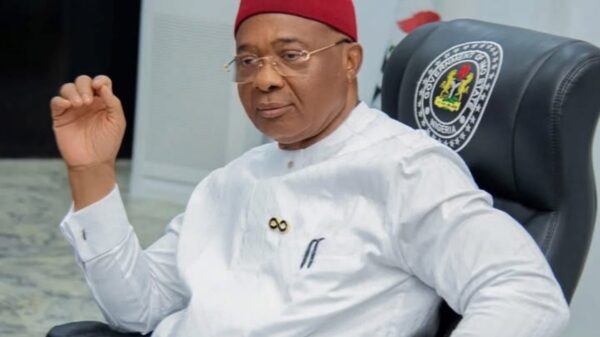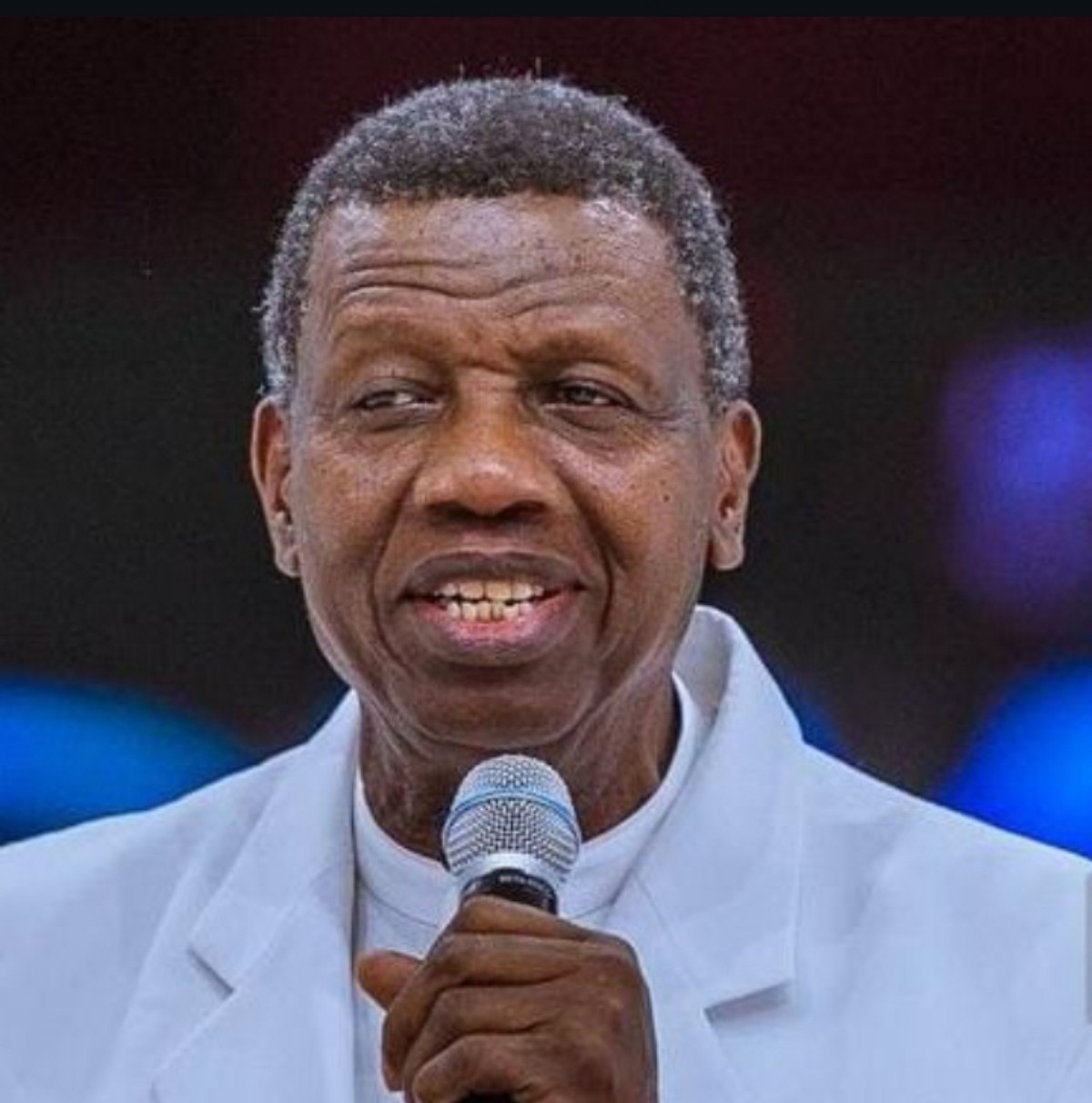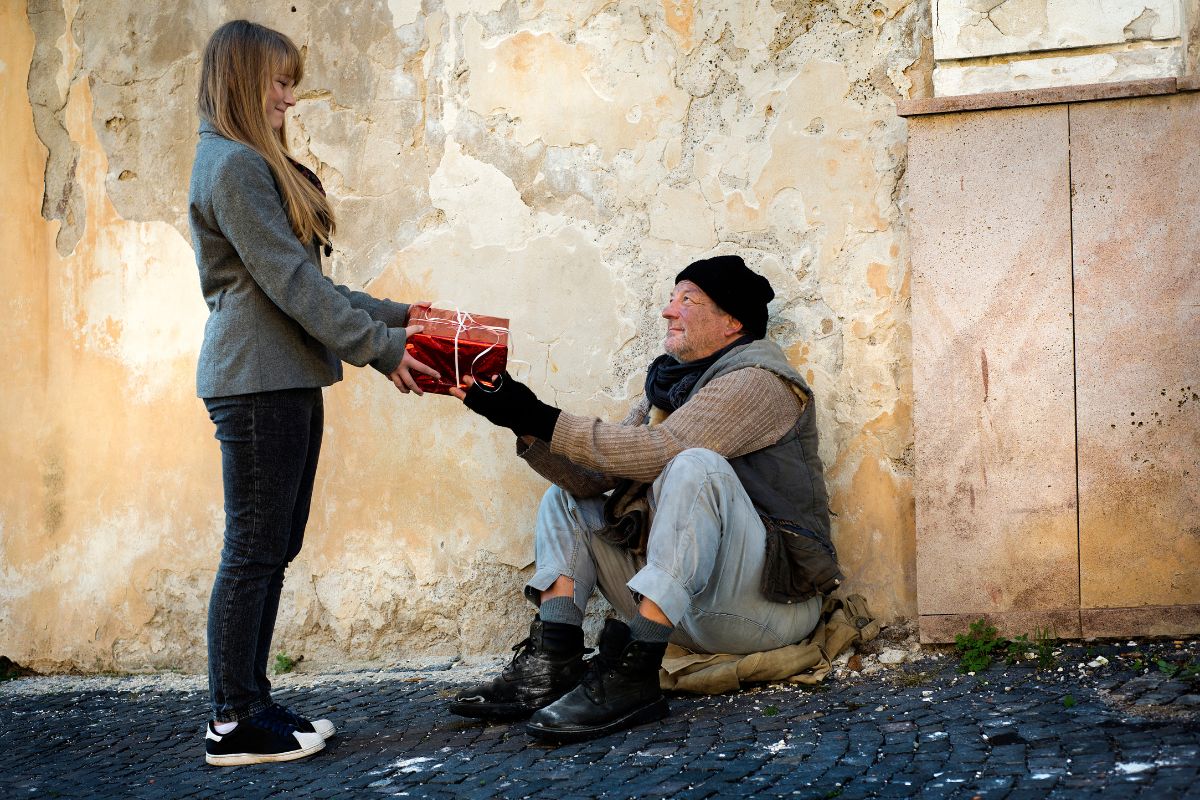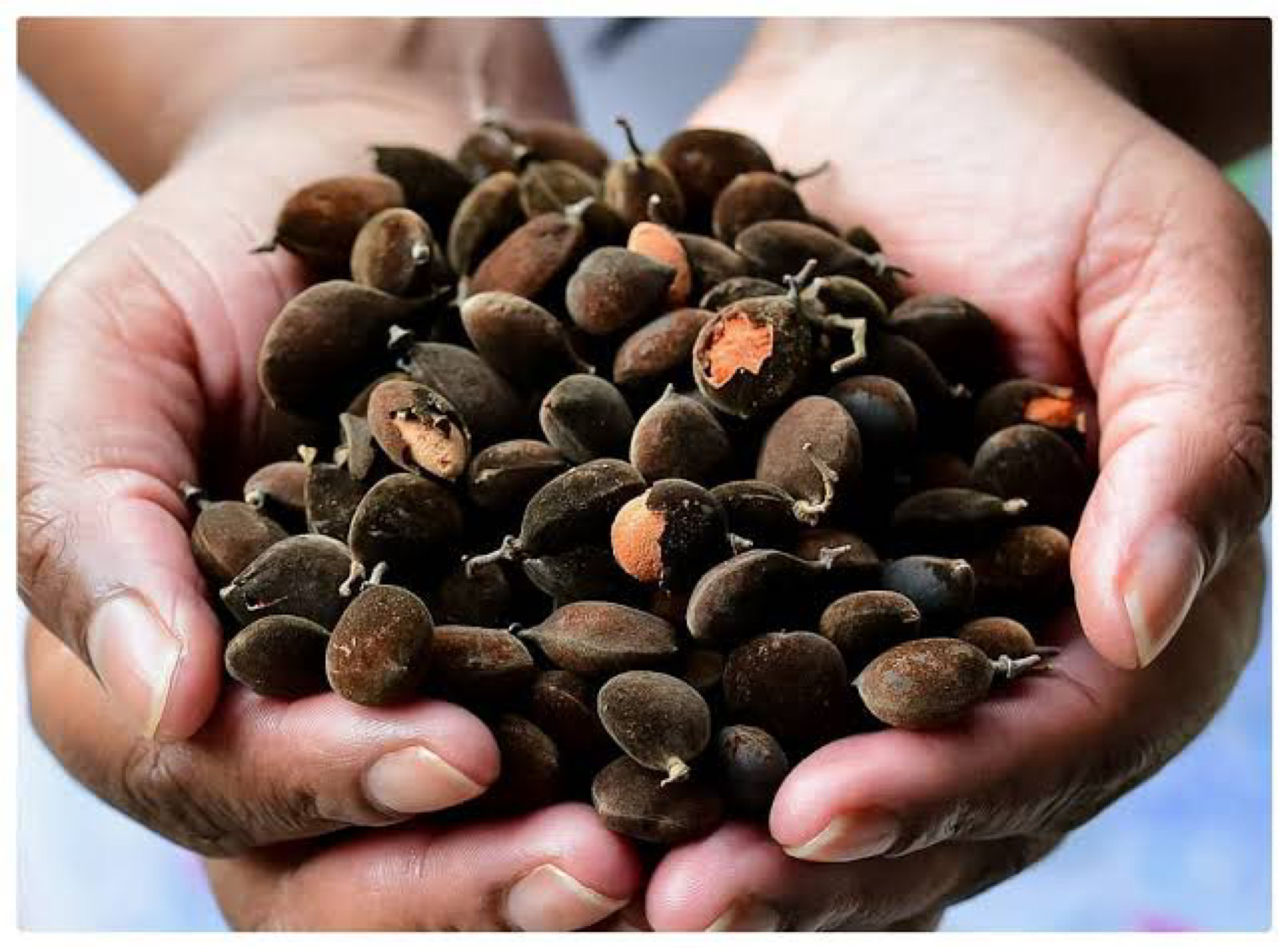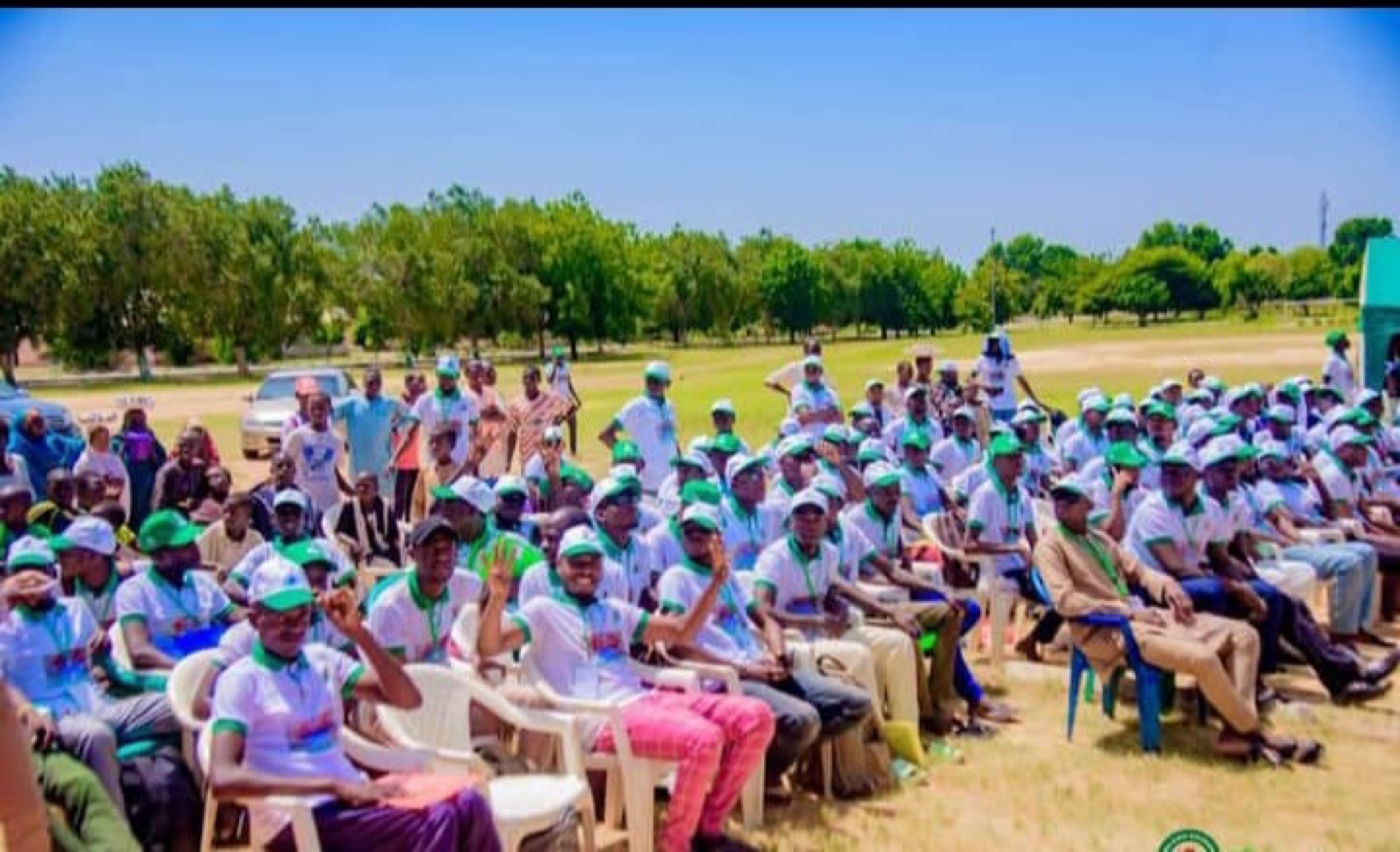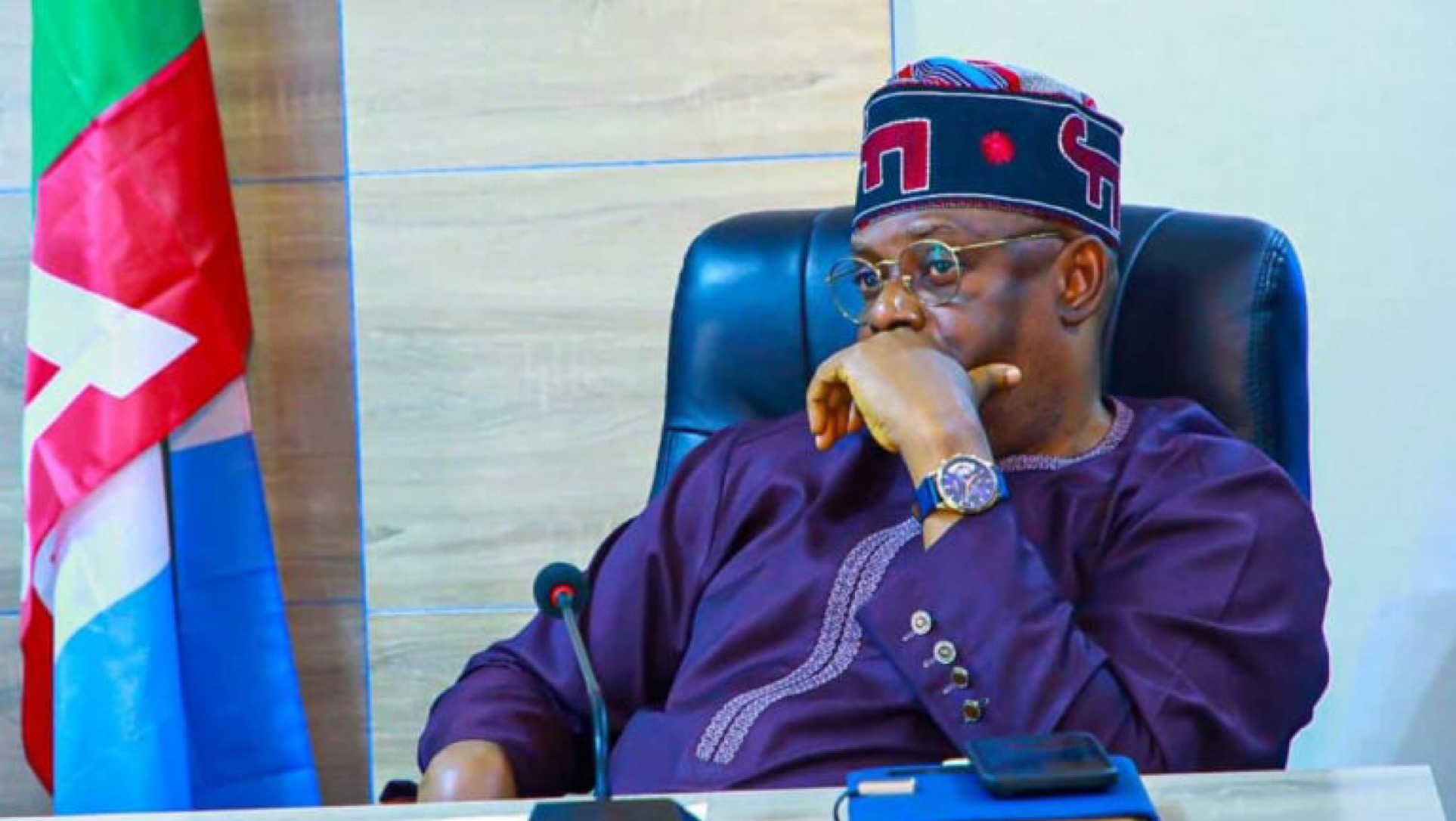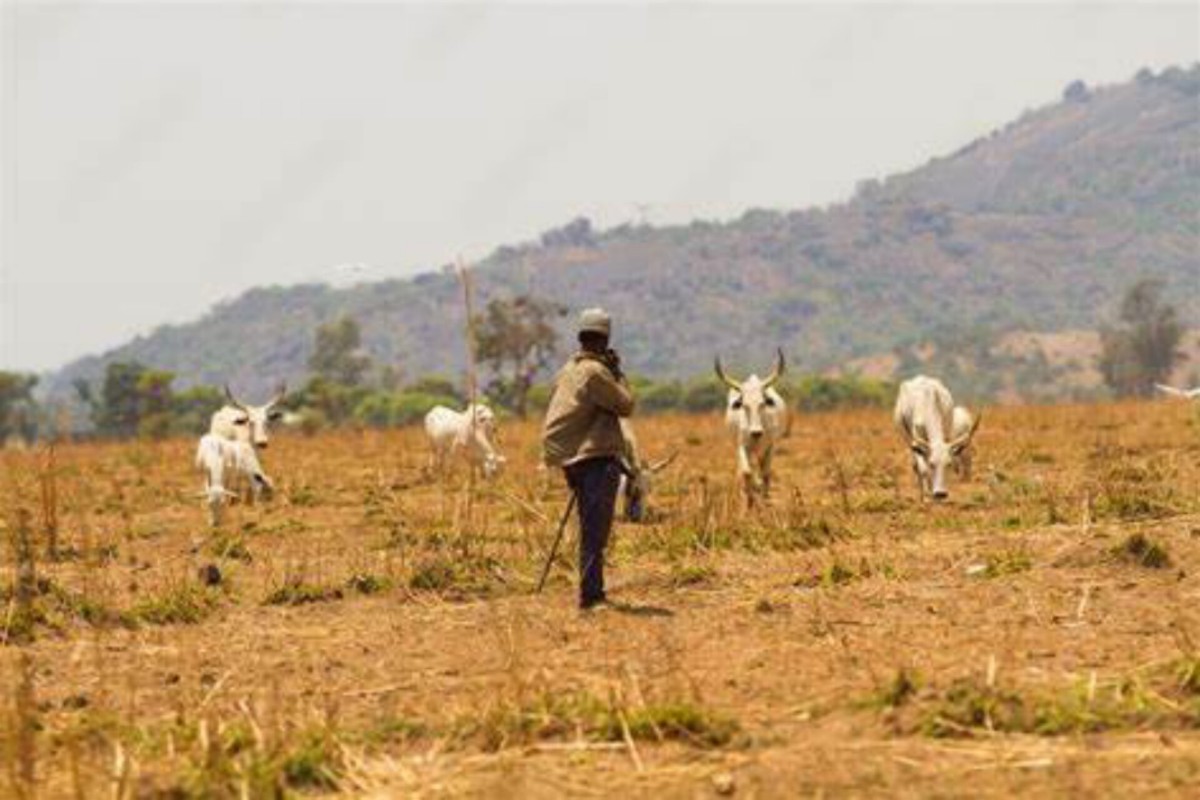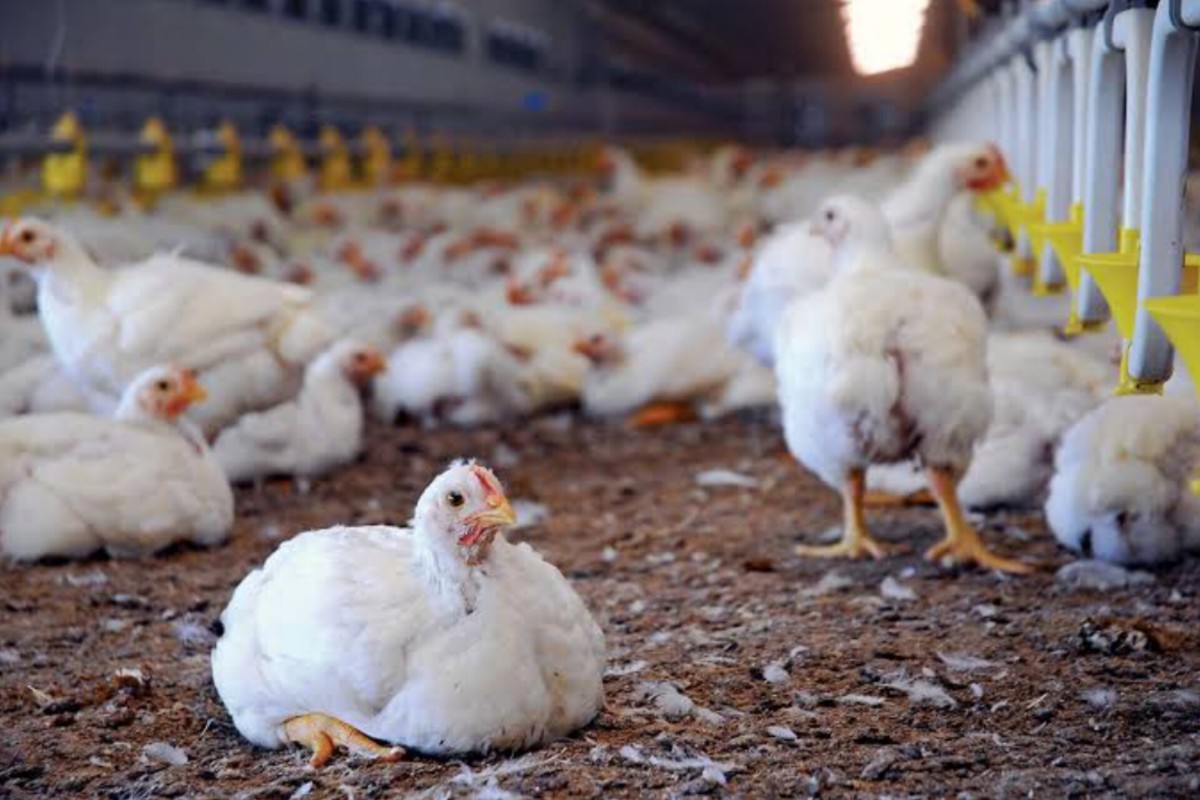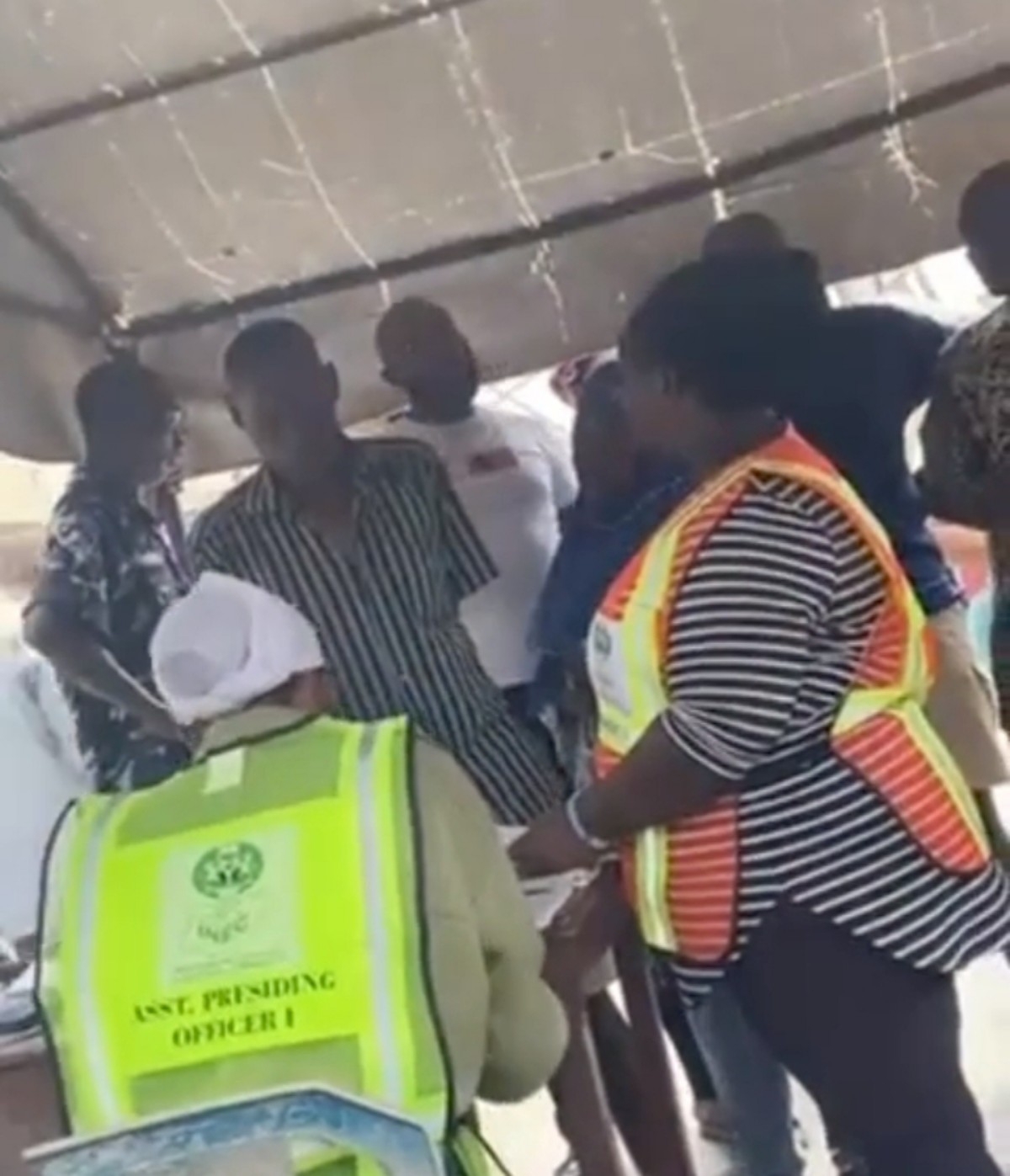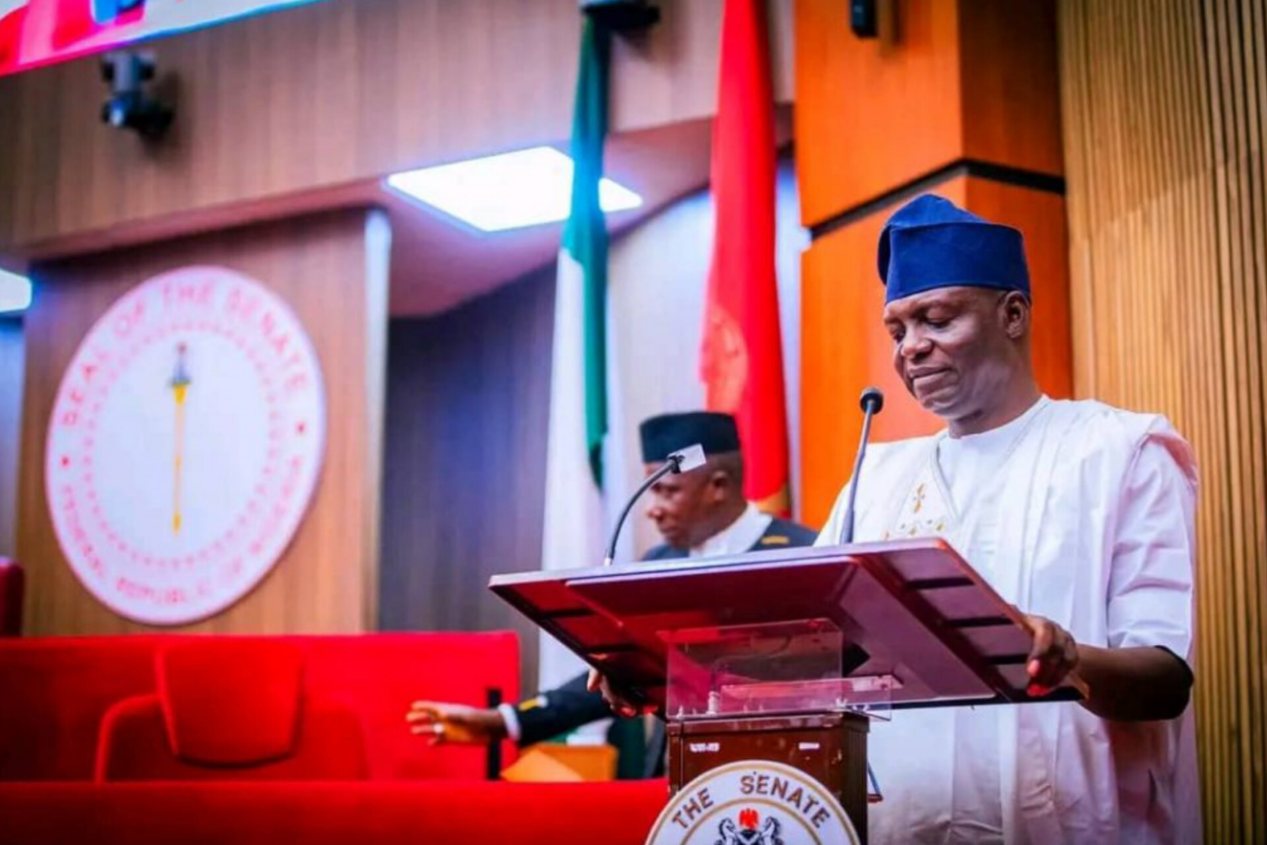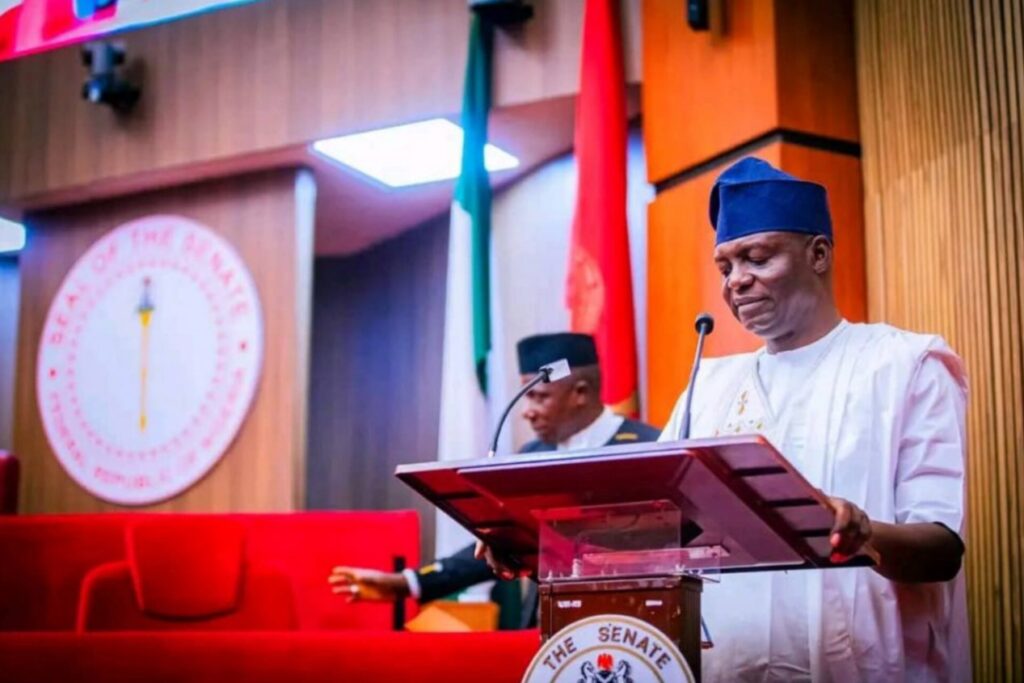
The federal government is utilizing artificial intelligence (AI) and satellite technology to locate and assist impoverished Nigerians residing in urban slums, as stated by Nentawe Yilwatda, Minister of Humanitarian Affairs and Poverty Reduction.
Speaking on Arise TV’s Prime Time programme, Yilwatda revealed that the application of AI has significantly expanded the National Social Register, which now encompasses nearly 20 million Nigerians.
Yilwatda clarified that the social register, originally created to include only the rural poor, has increased from 13 million to 19.7 million individuals. He noted that President Bola Tinubu instructed the ministry to broaden the register to incorporate the urban poor as well. To accomplish this, the government employed satellite imagery to detect urban slums and then used telecommunications data to identify residents via their mobile numbers.
“We used satellite imagery to locate urban slums, then base stations and telecoms data to identify phone numbers in those locations,” the minister said. “AI helped us generate a list of urban poor individuals by verifying those numbers, their access to financial services, and other indicators.”
The upgraded register now allows the government to implement more inclusive anti-poverty programmes, reaching both rural and urban communities. According to Yilwatda, approximately 15 million households, or 75 million people, are being targeted with various poverty alleviation initiatives. With Nigeria home to about 43 million households, this intervention addresses a substantial portion of the population.
In tackling hunger, the minister highlighted that approximately 42 percent of Nigerians are impacted by food poverty. This equates to roughly 80 million individuals or 20 million households. Yilwatda stated that the government is providing conditional cash transfers to 15 million of these households to alleviate the crisis. Each household receives N75,000, a sum he admitted may seem modest in urban settings but has significant impact in rural areas.
Research conducted in collaboration with the World Bank and civil society groups revealed that 18 percent of beneficiaries used the cash transfer to launch small businesses, while 82 percent improved their food security and 52 percent paid their children’s school fees. “It is a meaningful supplement that helps cushion the impact of poverty,” he said.
Beyond immediate relief, the minister emphasized structural reforms aimed at long-term poverty reduction. These include N1.5 trillion in loans made available through the aggregate bank to support farmers and enhance food production. He also mentioned scholarship schemes designed to keep students in school despite economic challenges.
Yilwatda stressed a strategic shift from emergency humanitarian assistance to sustainable poverty reduction. “Poverty alleviation reduces the pain; poverty reduction moves people out of poverty entirely,” he said. “Until now, the focus was mainly on humanitarian interventions, relief materials, food distribution, and cash transfers. But that’s not enough. We’re shifting towards actually reducing poverty.”
A Gentle Reminder: Every obstacle is a stepping stone, every morning; a chance to go again, and those little steps take you closer to your dream.
Nnamdi Okoli

